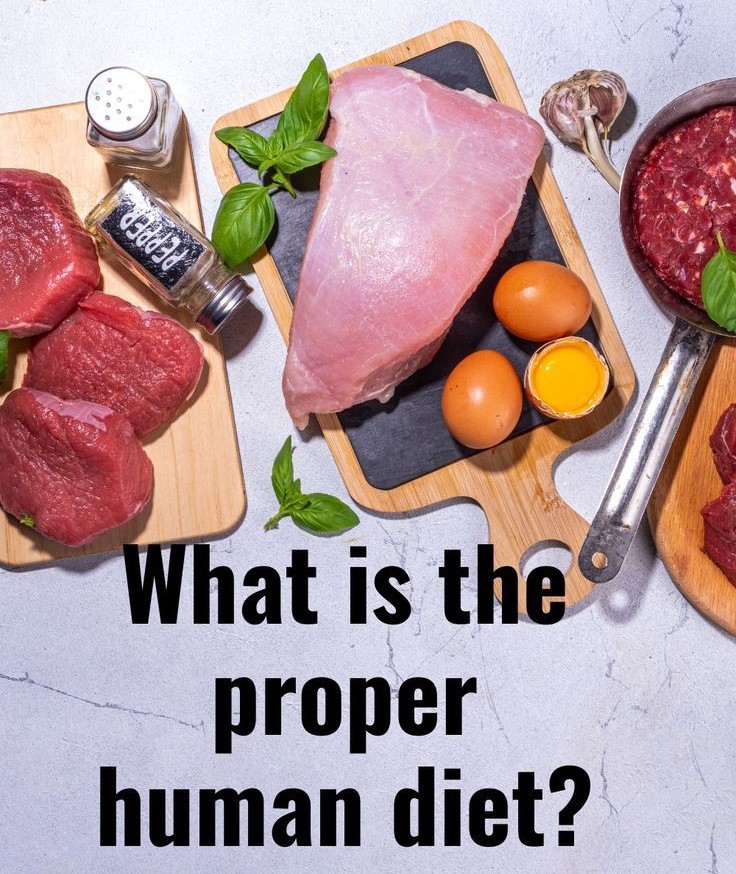Your cart is currently empty!

How to: Food as Medicine
This is a novel approach to diet. It Utilizes scientific principles to balance intermittent fasting with strategic macronutrient intake, optimizing autophagy and maximizing chronic health benefits.
What is Autophagy?
Autophagy is a cellular process involving the degradation and recycling of damaged or unnecessary cellular components. This allows cells to maintain homeostasis, remove harmful debris, and repurpose molecular building blocks for essential functions. Jason Fung’s “The Complete Guide to Fasting” and David Sinclair’s “Lifespan: Why We Age—and Why We Don’t Have To” breaks down how this process helps recycle cells and proteins, reducing cellular stress and inflammation.
The Benefits of Autophagy
Through mitigating cellular damage and stress, autophagy indirectly supports the maintenance of telomeres; protective caps at the ends of chromosomes that play a critical role in cellular aging and stability. Enhanced autophagy may contribute to slower telomere shortening, thus promoting greater telomere resilience and potentially extending a healthy cell’s lifespan. “The Telomere Effect: A Revolutionary Approach to Living Younger, Healthier, Longer” by Dr. Elizabeth Blackburn and Dr. Elissa Epel specifically focuses on telomeres and how various lifestyle factors, including those that promote autophagy, can influence telomere health and overall aging. Triggered by stress conditions such as fasting, nutrient deprivation, and exercise, autophagy helps to reduce cellular stress and inflammation, enhancing overall health and longevity. It plays a crucial role in protecting against various chronic diseases, including neurodegenerative disorders, infections, and cancers, by ensuring cellular quality control and promoting efficient cellular function.
Feasting and Macronutrient Consumption
During the feasting window in the evening, focusing on nutrient-dense foods high in protein, healthy fats, and vegetables, with minimal amounts of carbohydrates, ensures a balanced intake essential for muscle repair, hormone production, and overall health. Mark Sisson’s “The Primal Blueprint” and Robb Wolf’s “Wired to Eat” provide extensive guidance on this.
Benefits for Chronic Health
This combination of regular autophagy and managed macronutrient intake helps regulate blood sugar and promote fat burning, assisting weight management and vastly reducing the risk of obesity. In “Good Calories, Bad Calories” Gary Taubes explains the ways fasting can help regulate insulin levels. Through enhancing insulin sensitivity and supporting metabolic flexibility, this diet can help prevent metabolic disorders, as explored in “The Obesity Code” by Jason Fung. By promoting autophagy and reducing oxidative stress, this approach lowers chronic inflammation linked to many health conditions. Dr. Mark Hyman discusses this in “Food: What the Heck Should I Eat?”. Fasting periods also support brain health by promoting the production of brain-derived neurotrophic factor (BDNF) and reducing neuroinflammation, protecting against neurodegenerative diseases, as David Perlmutter describes in “Grain Brain.” Valter Longo’s “The Longevity Diet.” explores how autophagy and reduced caloric intake can potentially increase lifespan by delaying age-related diseases
From Fast to Feast: Step-By-Step
- Fasting (20 Hours)
- Consume only water, electrolytes, and black coffee (if desired).
- Focus on maintaining hydration and electrolyte balance.
- Feasting (4 Hours)
- Start with a light meal such as a salad or soup to prepare the digestive system.
- Follow with a large, nutrient-dense meal that includes:
- Proteins: Fatty meats, fish, eggs, or animal-based protein sources (plant-based meat is not nutritionally sufficient).
- Healthy Fats: Avocados, nuts, seeds, olive oil, and fatty fish.
- Vegetables: A variety of cooked or raw vegetables.
- Carbohydrates: Legumes and starchy vegetables in moderation.
- Avoid processed foods, excessive sugars, and unhealthy monosaturated fats, like Canola Oil.
A proper human diet, informed by the scientific principles behind intermittent fasting and nutrient-dense food consumption, takes advantage of the body’s natural rhythms and the benefits of autophagy. By promoting thyroid and thus hormonal through taking advantage of the body’s natural detox systems, this approach maximizes chronic health benefits, reduces inflammation, improves cognitive function, and potentially extends lifespan by promoting cellular repair, telomere resilience and optimizing metabolic health.
Relevant Books for Further Research:
- The Complete Guide to Fasting
- Lifespan: Why We Age—and Why We Don’t Have To
- The Primal Blueprint
- Wired to Eat
- Good Calories, Bad Calories
- The Obesity Code
- Food: What the Heck Should I Eat?
- Grain Brain
- The Longevity Diet
Relevent Studies for Further Research:
- Longo, Valter D., and Mark P. Mattson. “Fasting: molecular mechanisms and clinical applications.” Cell Metabolism 19.2 (2014): 181-192.
- Mizushima, Noboru, et al. “Autophagy fights disease through cellular self-digestion.” Nature 451.7182 (2008): 1069-1075.
- Blackburn, Elizabeth H., and Elissa S. Epel. “Telomeres and adversity: Too toxic to ignore.” Nature 490.7419 (2012): 169-171.
- Mattson, Mark P., et al. “Meal frequency and timing in health and disease.” Proceedings of the National Academy of Sciences 111.47 (2014): 16647-16653.
- Madeo, Frank, et al. “Caloric restriction mimetics: towards a molecular definition.” Nature Reviews Drug Discovery 13.10 (2014): 727-740.

Leave a Reply